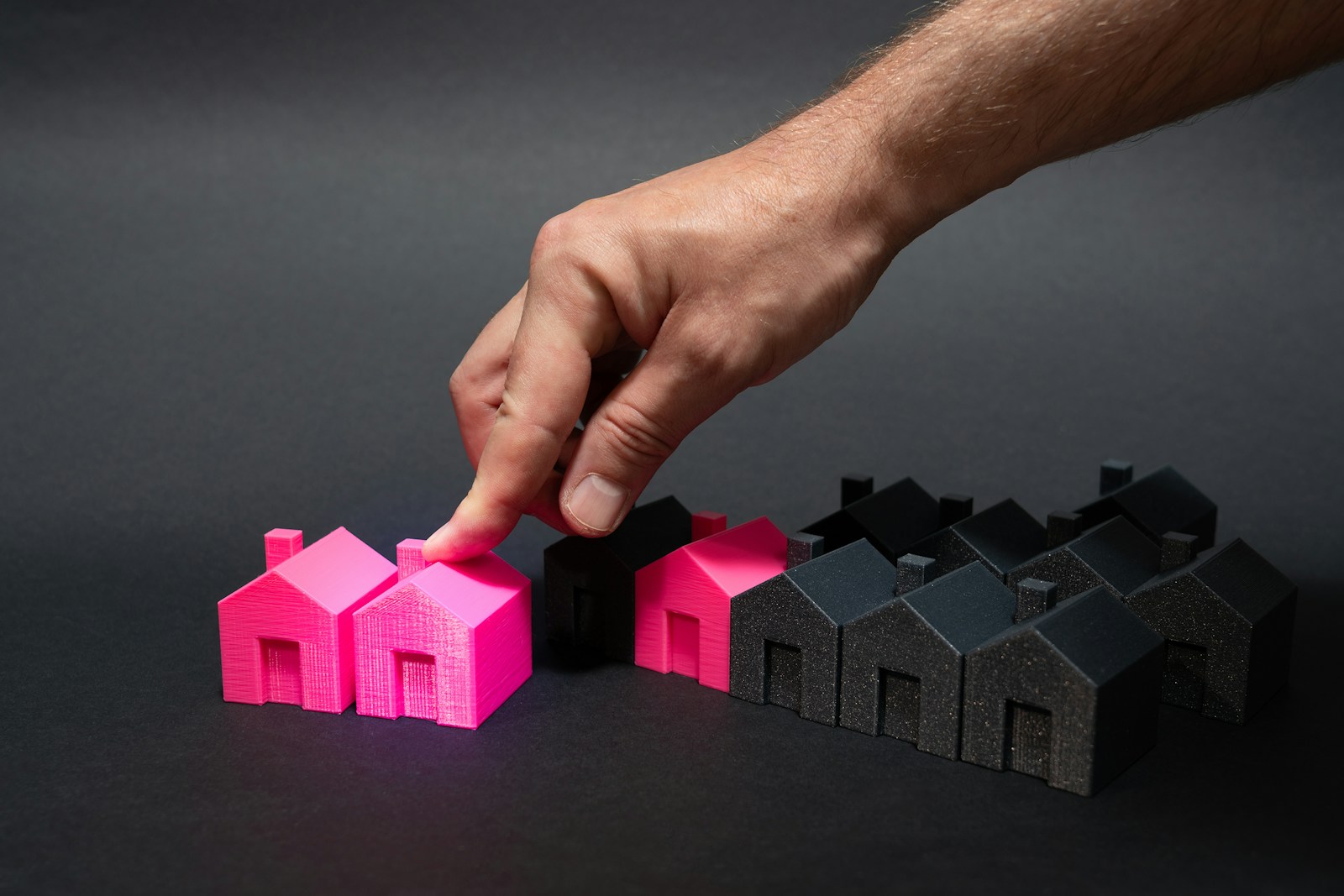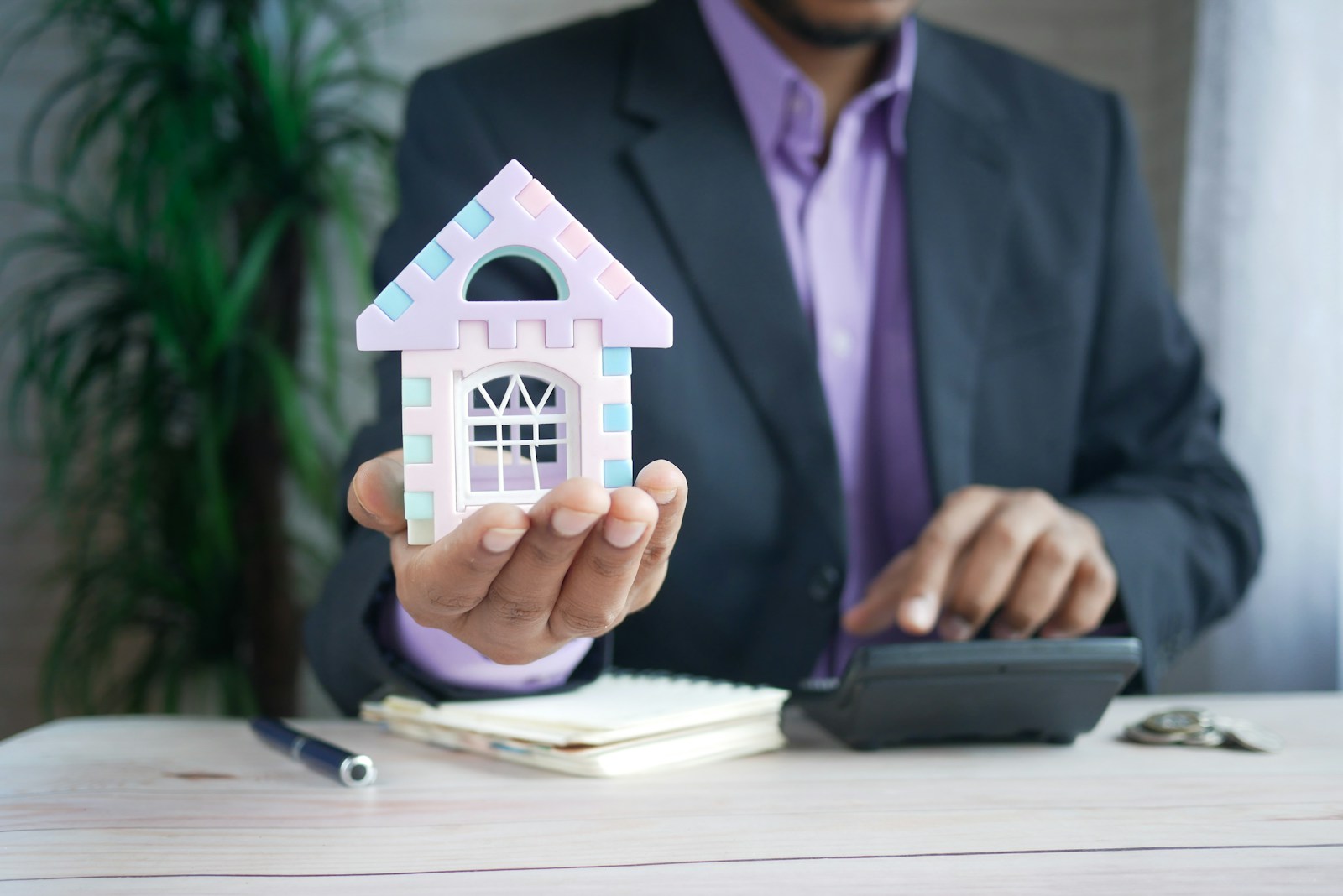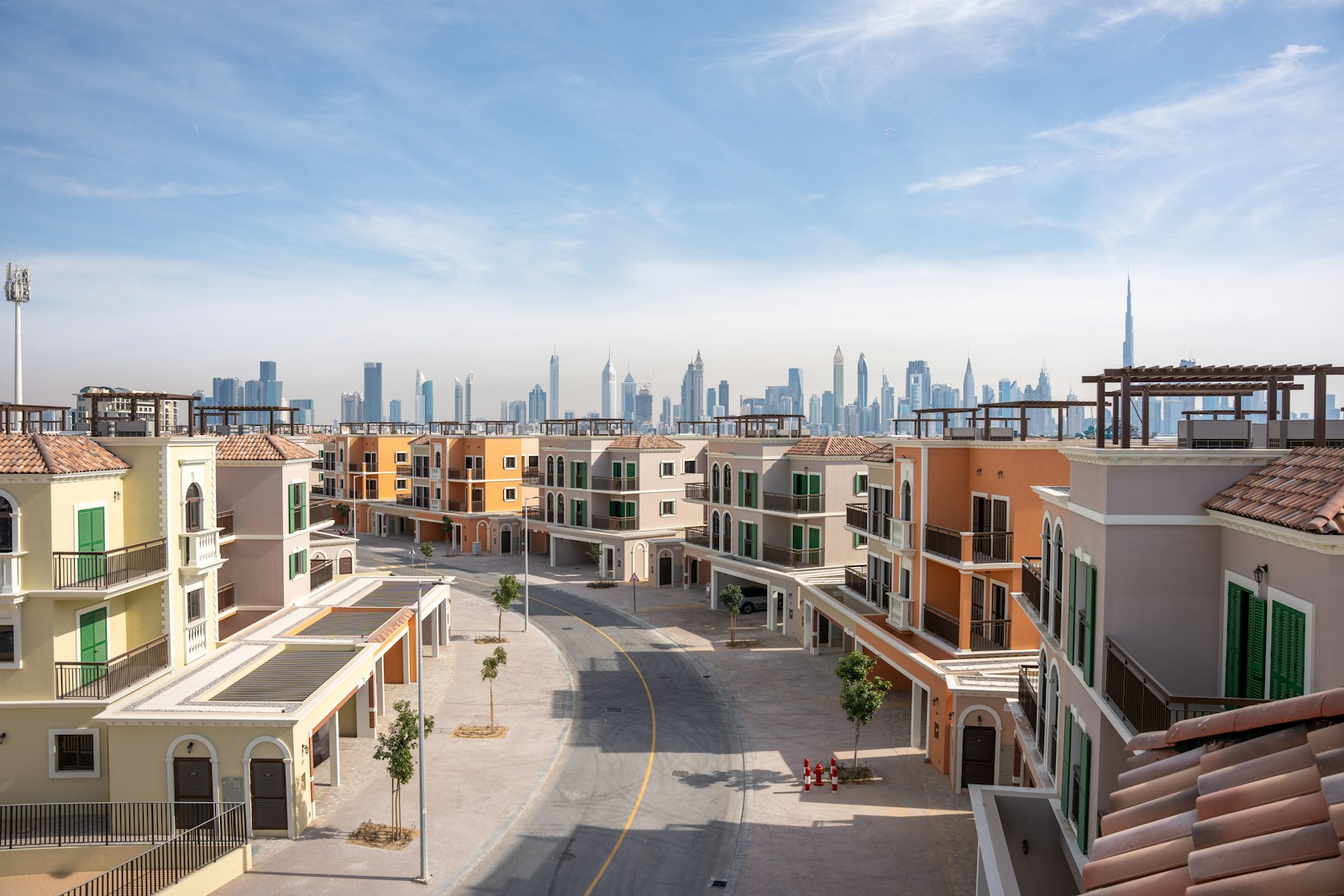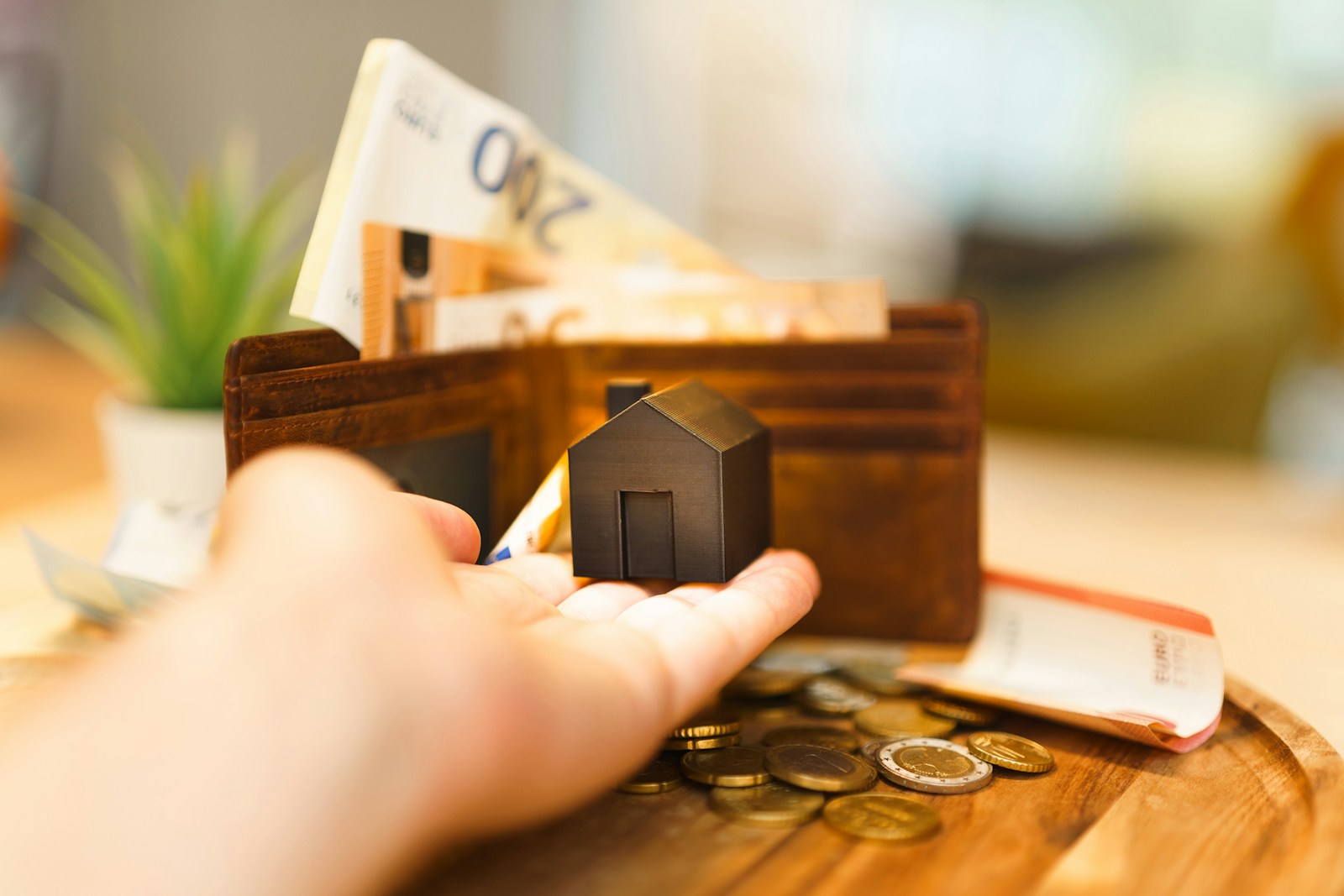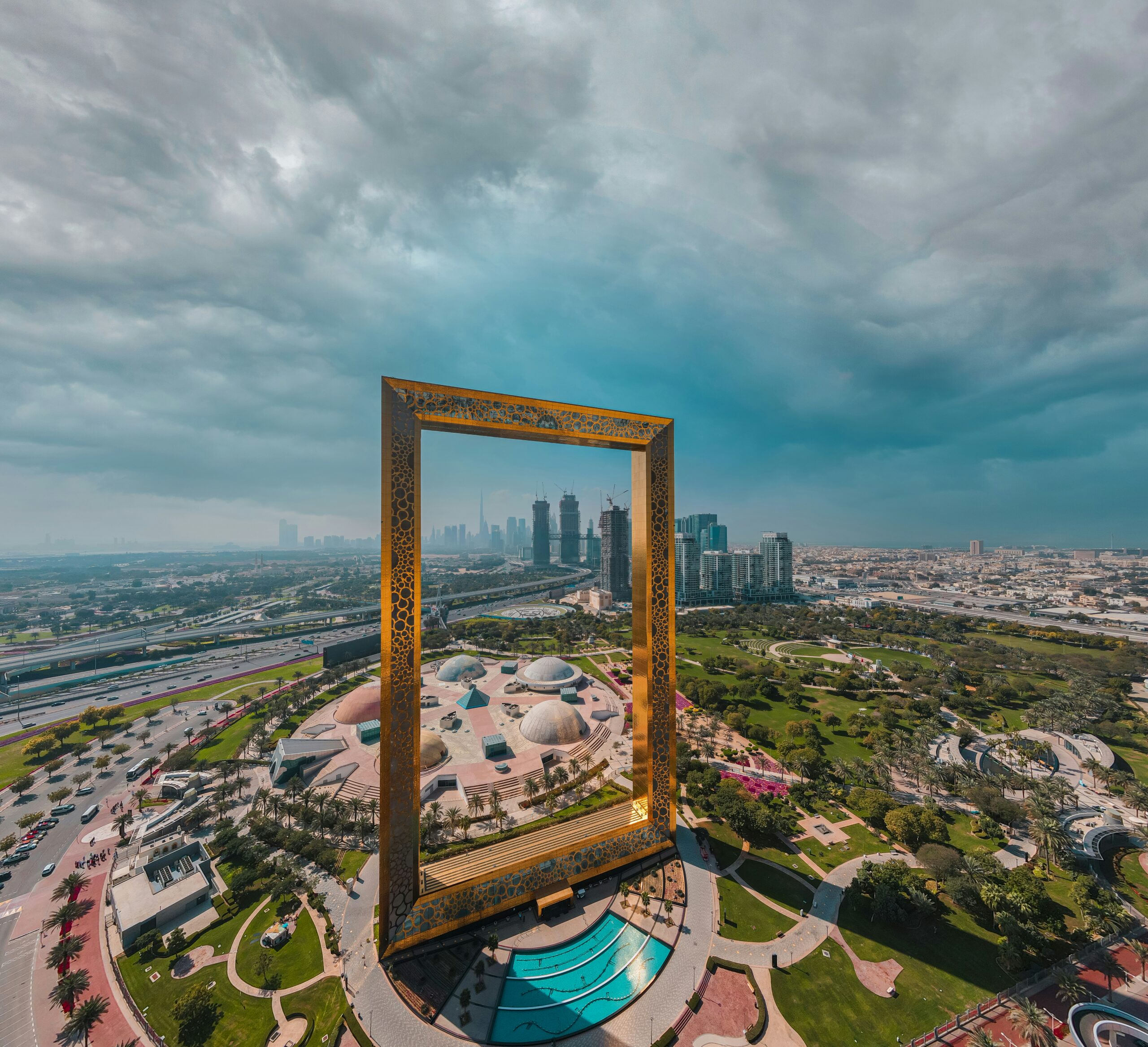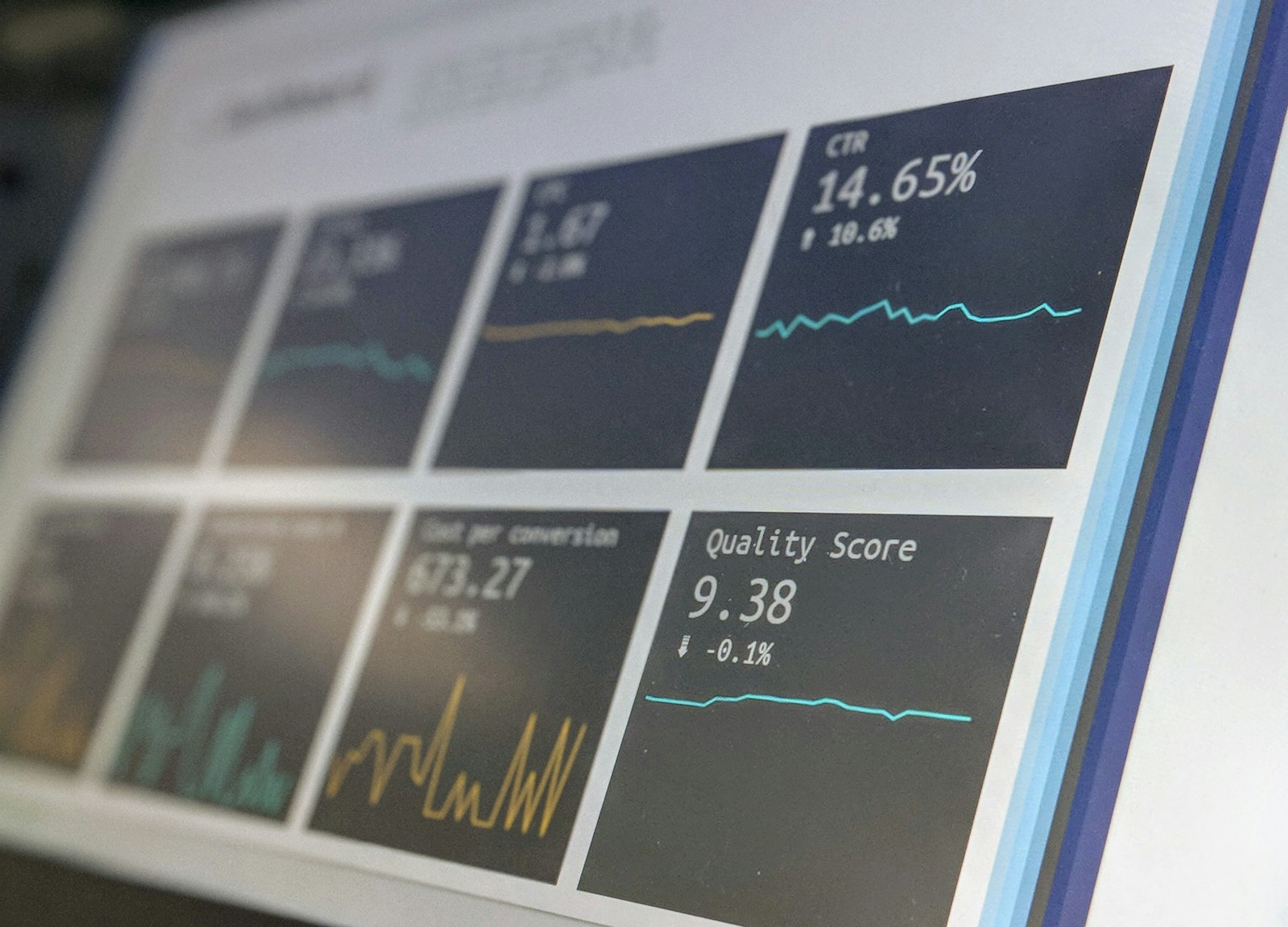Top UAE Mortgage Myths That Homebuyers Still Believe (2025)
Dreaming of owning a slice of the dazzling UAE skyline? You’re not alone. With iconic developments like Dubai’s Palm Jumeirah or Abu Dhabi’s Saadiyat Island constantly redefining luxury living, property ownership remains a powerful aspiration. Yet, navigating the mortgage landscape can feel daunting, especially when persistent myths cloud judgment. Outdated beliefs about financing hurdles, hidden costs, and impossible requirements deter many potential buyers from taking that crucial step. Let’s dismantle these misconceptions once and for all. Understanding the realities of UAE mortgages in 2025 empowers you to make confident, informed decisions and unlock the door to your dream home.
Myth 1: You Need a Huge Down Payment (25-50%)
The ghost of the 2008 financial crisis still haunts many, fueling the belief that massive down payments are mandatory. While stricter rules were temporarily enforced post-crisis, the UAE mortgage market has matured significantly.
The Reality:
- First-Time Buyer Advantage: UAE nationals can access mortgages with down payments as low as 15% for first properties valued under AED 5 million.
- Expat-Friendly Thresholds: Expats typically need a minimum of 20% down payment for properties up to AED 5 million, and 30% for properties above that value – significantly lower than the feared 50%.
- Developer Incentives: Many developers offer attractive payment plans (like 50/50 or post-handover schemes) effectively reducing the immediate cash burden at the point of purchase.
UAE Example: Buying an AED 2 million apartment in Dubai Marina? An expat would need AED 400,000 (20%) down payment, not AED 1 million. Developers like Emaar or Nakheel often have launch offers requiring only 5-10% upfront during the initial construction phase.
Expert Tip: Use online mortgage calculators from UAE banks like Emirates NBD or ADCB. Factor in potential developer payment plans. Start saving strategically – even small, consistent contributions add up faster than you think towards that 20% goal.
Myth 2: Only UAE Nationals Get Approved Easily
This myth stems from early market days favoring locals, but today’s UAE mortgage sector thrives on diversity and inclusivity.
The Reality:
- Robust Expat Market: Expats constitute a massive segment of UAE property buyers. Banks actively compete for their business with tailored mortgage products.
- Clear Eligibility Criteria: Approval hinges on verifiable factors applicable to all: stable income meeting minimum thresholds (often AED 15,000-AED 20,000/month), employment history (usually 6-12 months with current employer), creditworthiness (based on Al Etihad Credit Bureau report), and property valuation.
- No Nationality Bias: Banks assess risk based on financial stability, not passport origin. A well-qualified expat with a strong credit report and stable job is just as likely to secure approval as a national.
UAE Statistic: Reports from Dubai Land Department consistently show expats account for over 70% of property transactions in Dubai, facilitated by accessible mortgage financing.
Expert Tip: Maintain a clean credit history. Check your AECB report regularly. Ensure your employment contract is comprehensive and your salary is transferred via UAE bank account. Gather documentation meticulously – banks prioritize clarity and completeness.
Myth 3: Fixed-Rate Mortgages Are Always Safer Than Variable Rates
The fear of rising interest rates makes fixed rates seem like a guaranteed safe harbor. However, “safer” doesn’t always mean “better” or “cheaper” in the long run.
The Reality:
- Initial Cost Difference: Fixed-rate mortgages in the UAE typically start with higher interest rates (often 0.5% to 1.5% more) than introductory variable rates.
- EIBOR Fluctuations: UAE variable rates are usually tied to the Emirates Interbank Offered Rate (EIBOR). While EIBOR can rise, it has also experienced periods of stability or decline.
- Long-Term Uncertainty: Locking in a fixed rate protects against future hikes but means you pay a premium for that certainty. If EIBOR remains stable or falls, you could overpay significantly over the fixed term (usually 3-5 years).
UAE Context: In 2023-2024, amid global rate hikes, many UAE borrowers favored fixed rates. However, as global inflation potentially stabilizes, the long-term cost-benefit analysis shifts. Banks like Mashreq and FAB offer sophisticated comparison tools.
Expert Tip: Assess your risk tolerance and financial buffer. Can you handle potential increases in your monthly payment? Consider a hybrid approach (part fixed, part variable) or shorter fixed terms. Consult an independent mortgage advisor who can model different rate scenarios based on current EIBOR trends.
Myth 4: The Lowest Advertised Rate Guarantees the Best Deal
Spotting a headline-grabbing low rate online is exciting, but it’s rarely the whole story. Focusing solely on the interest rate is like judging a car only by its top speed.
The Reality:
- Hidden Fees: Low headline rates can be offset by substantial processing fees (often 0.25%-1% of loan amount), valuation fees, administrative charges, and potentially higher early settlement penalties.
- Eligibility Strings: The lowest rates are often reserved for “prime” borrowers: high-income earners (AED 50k+/month), purchasing high-value properties, or with significant existing relationships with the bank.
- Product Features: A slightly higher rate might offer valuable flexibility – like unlimited extra repayments, free valuation, or easier portability – saving you money overall.
UAE Example: Bank A advertises 3.99% but charges AED 15,000 in fees. Bank B offers 4.19% with only AED 5,000 fees and allows penalty-free overpayments. Over a 25-year loan, Bank B could be cheaper and offer more flexibility.
Expert Tip: Always compare the Annual Percentage Rate (APR), which factors in interest AND standard fees, giving a truer cost picture. Get personalized quotes from multiple banks based on your specific profile. Scrutinize the fee schedule and ask about flexibility features.
Myth 5: Mortgage Pre-Approval Guarantees Final Funding
Pre-approval is a crucial first step, signaling your borrowing capacity. However, mistaking it for an ironclad guarantee can lead to costly disappointments.
The Reality:
- Conditional Commitment: Pre-approval is based on the information you provide at that time. It’s conditional on verification and the property meeting the bank’s criteria.
- The Property Matters: The final approval hinges heavily on the bank’s independent valuation. If the property is valued lower than the purchase price, your loan amount could be reduced (Loan-to-Value breach). Banks also assess the building’s condition and developer reputation.
- Financial Changes: Significant changes in your financial situation (job loss, new large debt) between pre-approval and final application can derail approval.
UEA Advice: Avoid making large purchases or taking on new debt between pre-approval and closing. Choose reputable developers (check RERA’s approved list) to minimize valuation risks. Ensure your deposit covers potential valuation gaps.
Expert Tip: Get pre-approved before seriously hunting. Understand the conditions attached to your pre-approval letter. Maintain financial stability throughout the buying process. Be prepared to potentially cover a small gap if the valuation comes in slightly under.
Myth 6: Self-Employed or Freelancers Can’t Get Mortgages
The perception that banks only love salaried employees with fixed monthly transfers is outdated. The UAE’s growing gig economy and entrepreneurial spirit are recognized by lenders.
The Reality:
- Documentation is Key: While more complex, approval is possible with thorough documentation proving stable, sustainable income. Banks need assurance of repayment capacity.
- Required Proof: Typically includes 2-3 years of audited financial statements/tax returns (if applicable), 6-24 months of business bank statements, trade license copies, and client contracts demonstrating pipeline.
- Income Calculation: Banks often average your declared income over the past 2-3 years or use a conservative assessment based on bank statements.
UAE Support: Dubai’s DIFC and ADGM hubs have specific mortgage products catering to entrepreneurs and freelancers. Banks like Rakbank and HSBC UAE have developed expertise in assessing non-salaried income. Platforms like FreelancerUAE can help with financial record-keeping.
Expert Tip: Maintain impeccable, transparent financial records. Work with a qualified accountant. Build a strong relationship with your business bank. Be prepared for a potentially longer application process and a slightly higher deposit requirement (sometimes 25%+). Consider using a mortgage broker specializing in self-employed cases.
Myth 7: Renting is Always Financially Smarter Than Buying in the UAE
The “dead money” argument against rent is common, but the UAE’s transient population fuels the belief that renting offers ultimate flexibility without long-term commitment. However, the math often tells a different story.
The Reality:
- Building Equity: Every mortgage payment builds your ownership stake (equity), unlike rent payments which vanish.
- Potential Appreciation: While not guaranteed, prime UAE locations (like established Dubai communities or Abu Dhabi’s investment zones) have shown consistent long-term value growth.
- Stable Payments: Fixed-rate mortgages offer payment stability vs. rent, which typically increases annually (often capped by RERA/DLD, but still rises).
- Long-Term Cost: Over 5-10+ years, owning often becomes cheaper than renting equivalent properties, especially once equity buildup and potential appreciation are factored in.
UEA Example (2025): Renting a 2-bed apartment in Downtown Dubai might cost AED 180,000 annually. A mortgage on a similar AED 2.5M property (80% LTV, 4.5% rate) would have annual repayments around AED 160,000 (principal + interest), with a significant portion building equity. Factor in service charges and potential appreciation, and ownership often wins financially over a medium-term horizon.
Expert Tip: Use online rent vs. buy calculators specific to UAE costs. Consider your planned duration in the UAE – buying usually makes sense for stays exceeding 5 years. Factor in all ownership costs (service charges, maintenance, property taxes if applicable). Don’t just compare monthly rent to mortgage interest – consider the full principal repayment and equity growth.
Conclusion: Empower Yourself with Facts, Not Fiction
The UAE mortgage market in 2025 is dynamic, competitive, and far more accessible than persistent myths suggest. While challenges exist – like navigating fees, choosing the right rate type, or proving self-employed income – they are hurdles, not insurmountable walls. By debunking these common misconceptions, we hope you feel more confident exploring homeownership.
Remember, knowledge is your most valuable asset. Leverage resources like the Dubai Land Department (DLD) website, Abu Dhabi’s ADRO platform, and independent financial advisors. Get personalized quotes, read the fine print, and prioritize the overall cost and suitability of the mortgage product, not just the headline rate. The dream of owning your own home in the vibrant UAE landscape is within reach. Take the first step today by replacing myth with fact, and unlock the door to your future.

